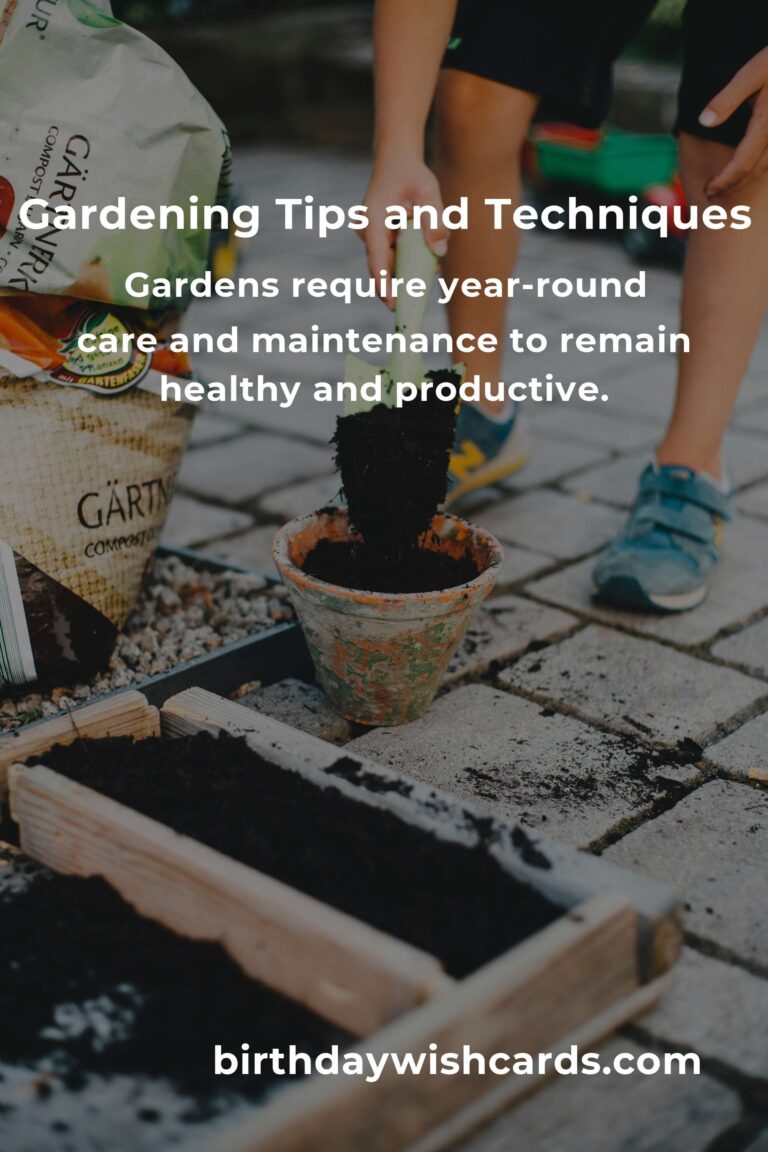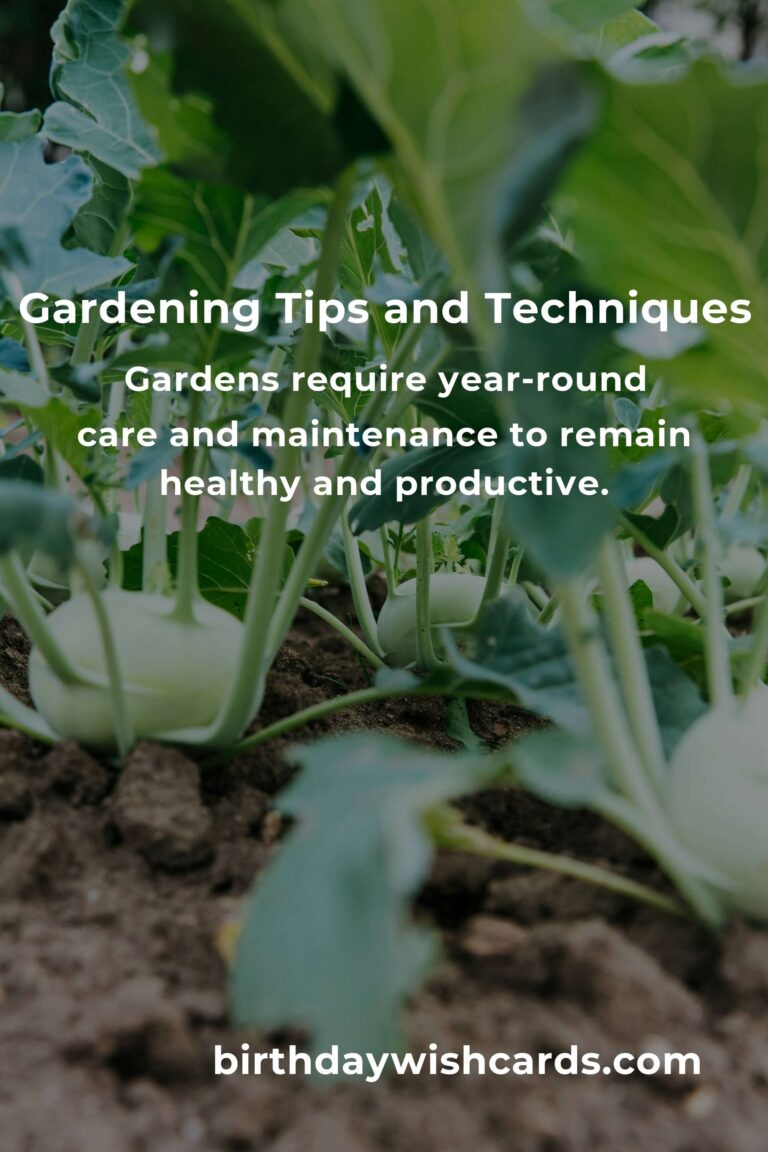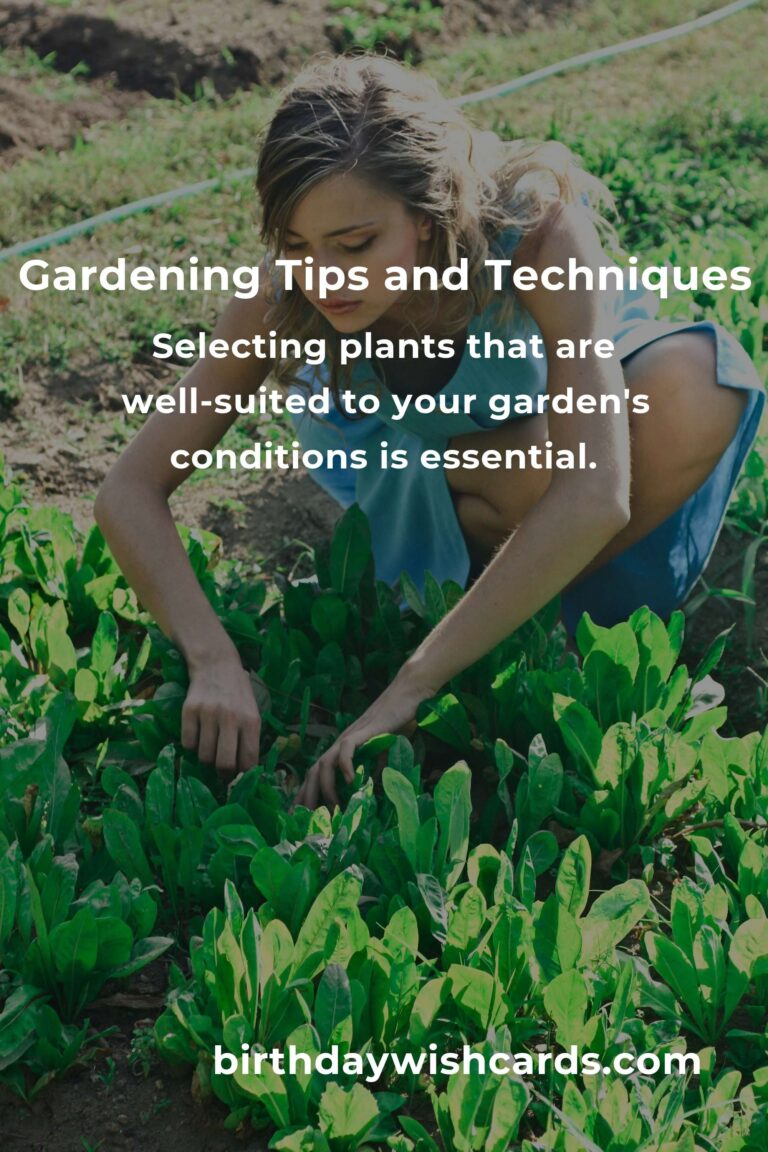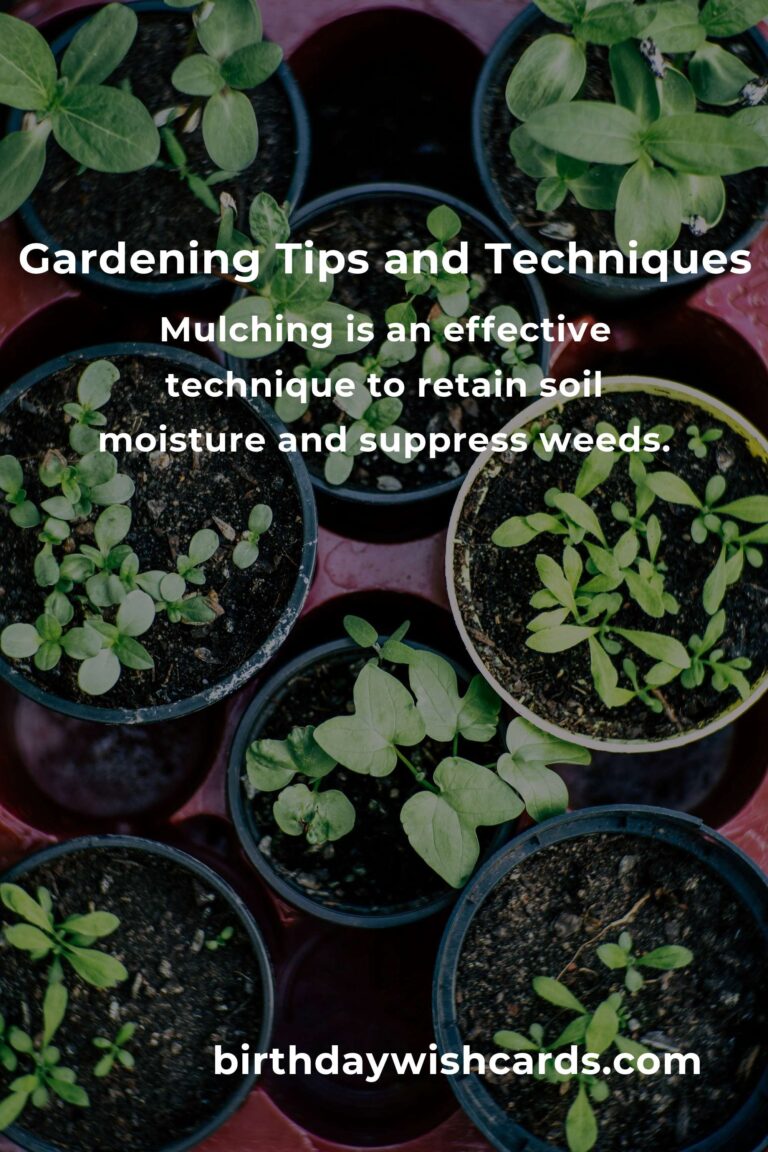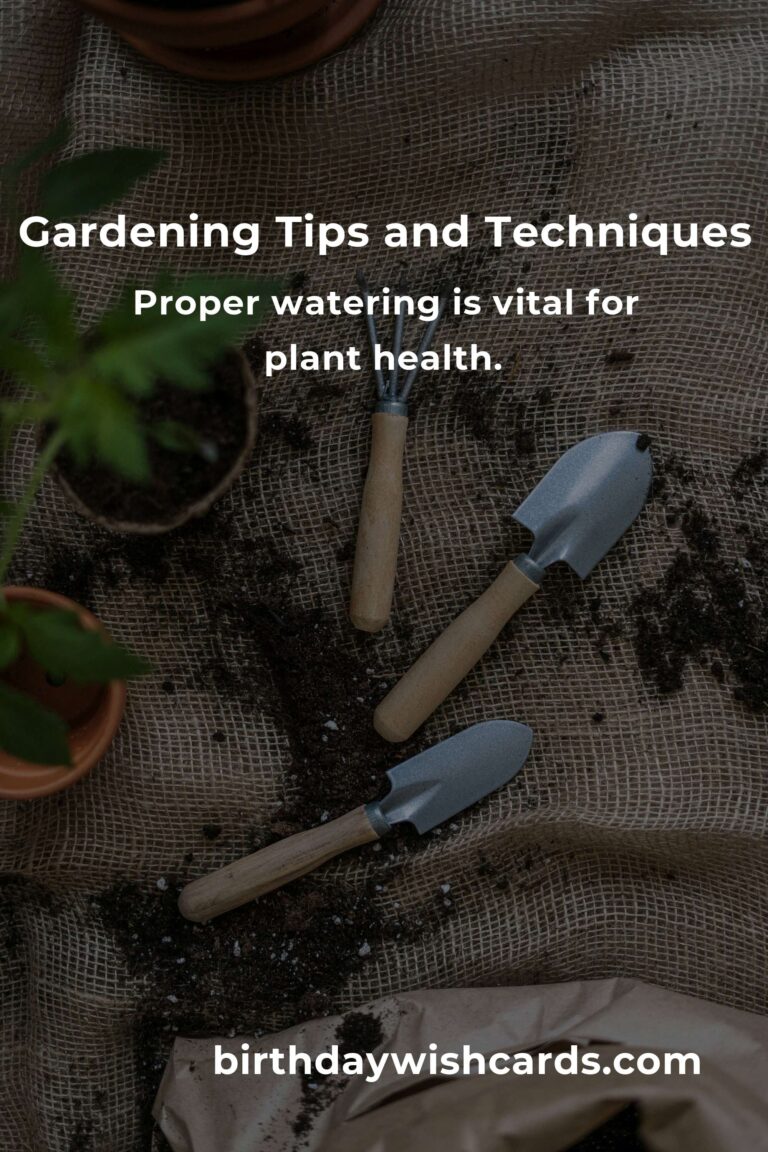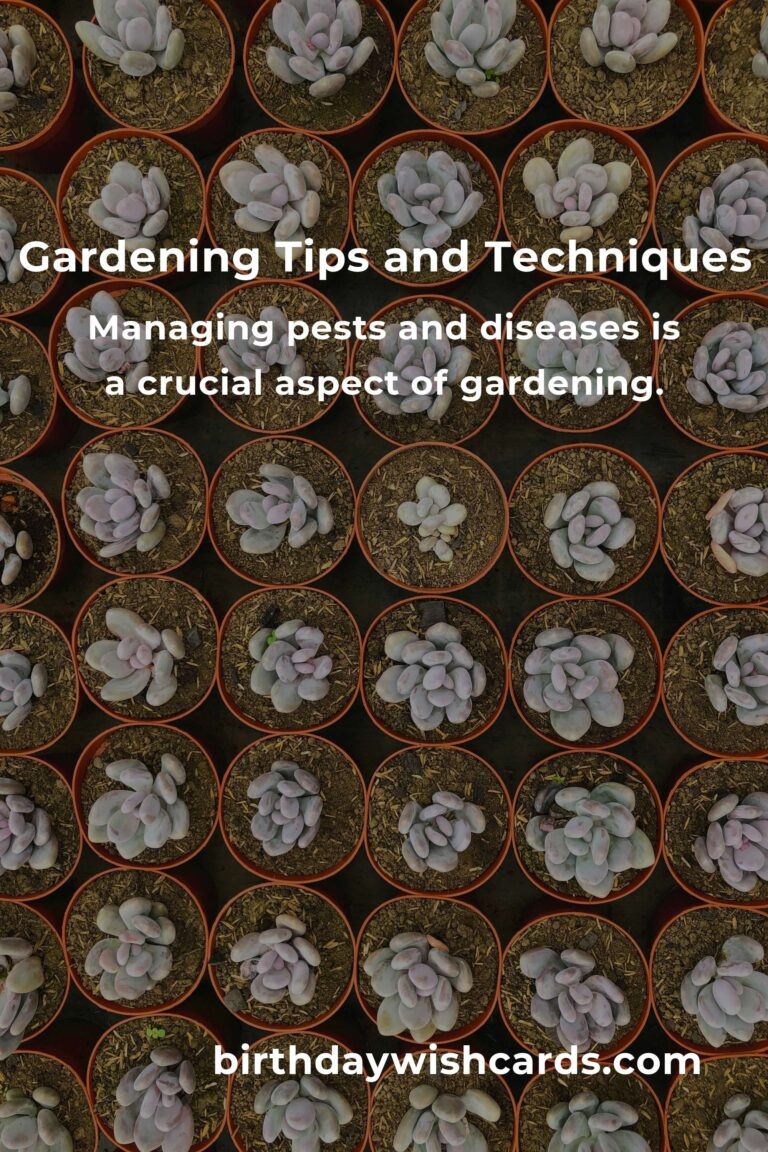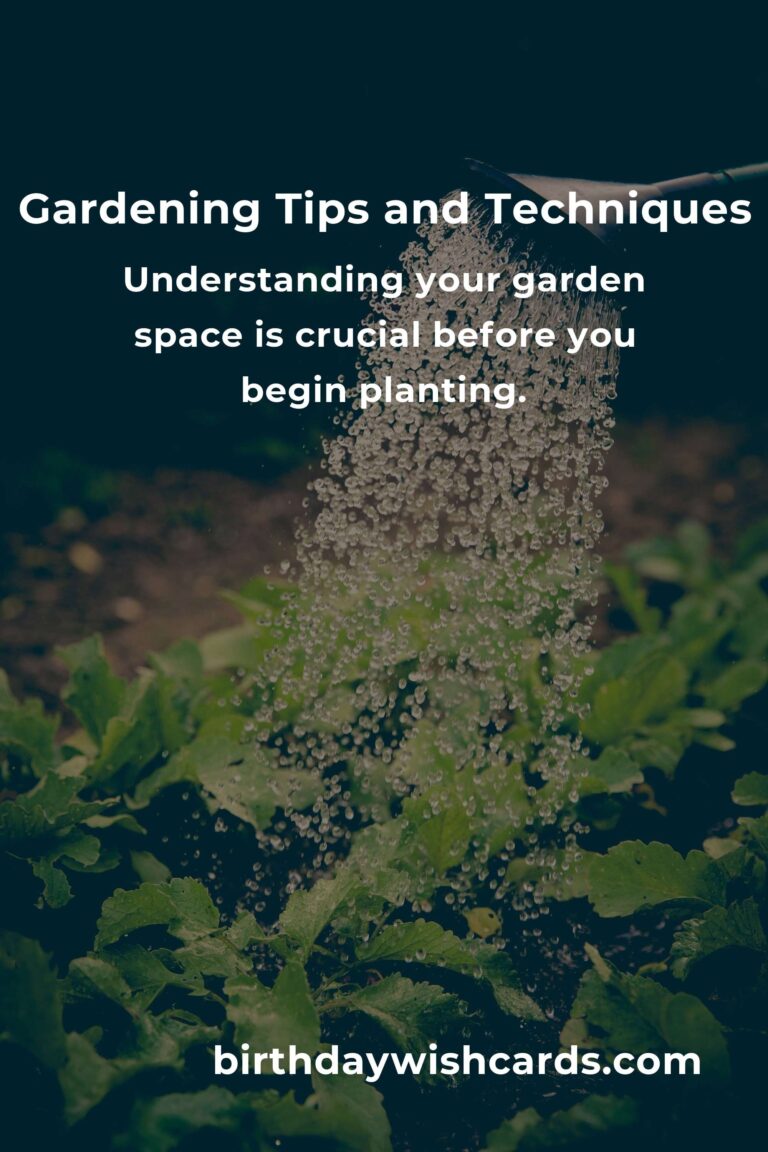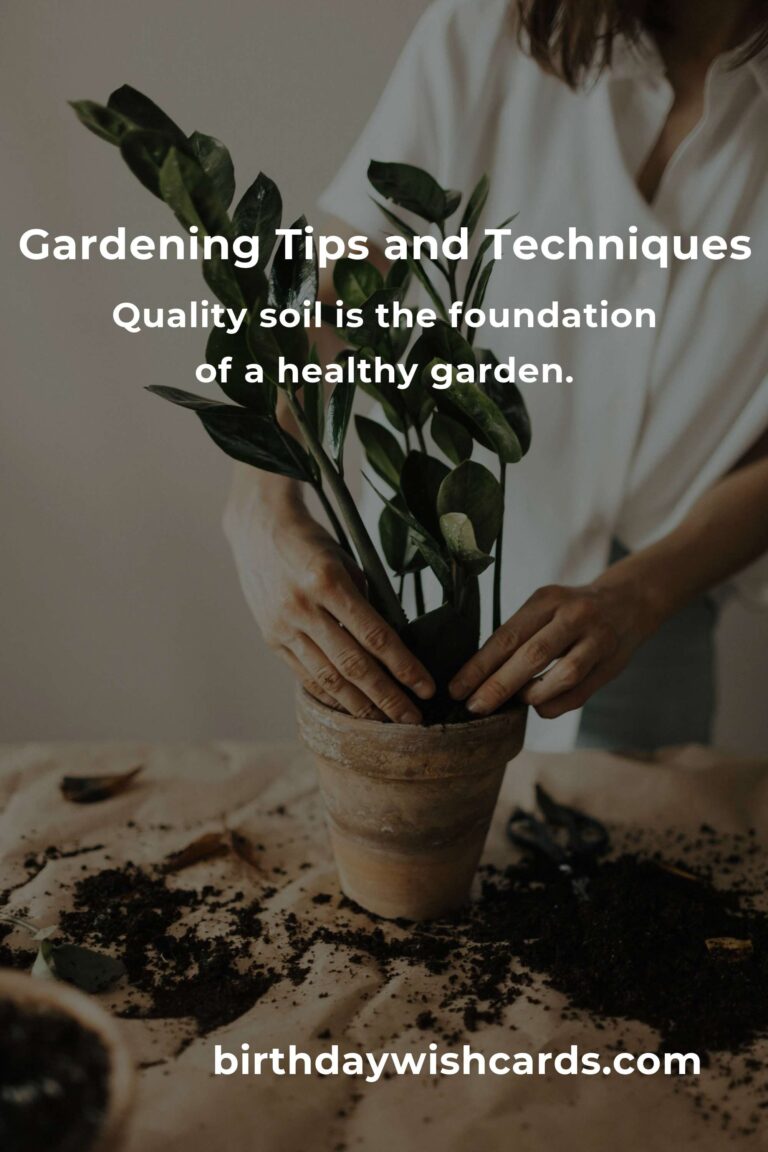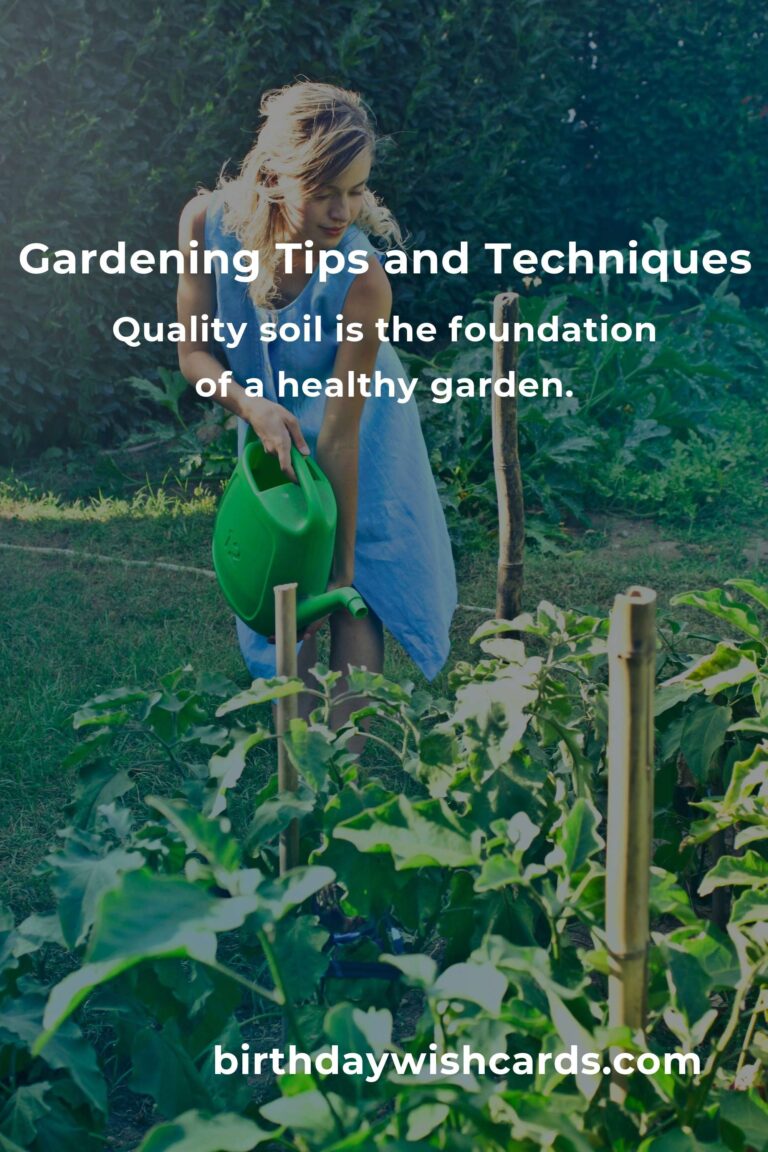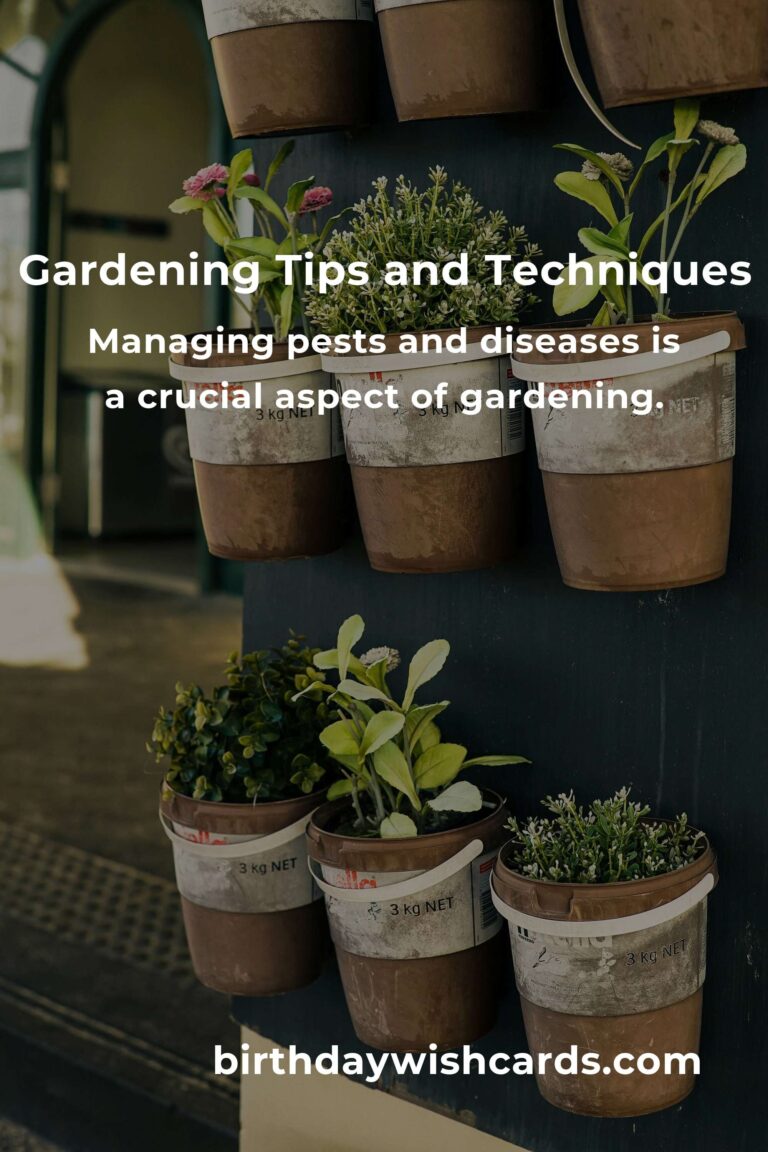
Gardening is a rewarding pastime that brings joy and serenity to those who engage in it. Whether you are a novice gardener or a seasoned horticulturist, there are always new gardening tips and techniques to learn that can help your garden flourish. This article will guide you through some essential practices that can transform your garden into a thriving oasis.
Understanding Your Garden Space
Before you begin planting, it is crucial to understand your garden space. Take note of the amount of sunlight your garden receives, the type of soil present, and the climate of your area. These factors will significantly influence the types of plants you should choose and how you care for them. Sunlight is a key factor in plant growth, so observe which areas get full sun, partial shade, or full shade during the day.
Soil Preparation
Quality soil is the foundation of a healthy garden. Start by testing your soil to understand its pH level and nutrient content. Based on the results, you may need to amend your soil with organic matter, such as compost or aged manure, to improve its fertility and structure. Well-prepared soil ensures that plants have access to the nutrients they need to grow strong and healthy.
Choosing the Right Plants
Selecting plants that are well-suited to your garden’s conditions is essential. Consider native plants that are naturally adapted to your area’s climate and soil. These plants are often more resilient and require less maintenance. Additionally, think about the purpose of your garden—whether it’s for aesthetics, vegetable production, or attracting pollinators—and choose plants that align with your goals.
Watering Techniques
Proper watering is vital for plant health. Overwatering or underwatering can lead to plant stress and disease. The key is to water deeply and less frequently to encourage roots to grow deeper into the soil. Early morning is the best time to water your garden, as it allows foliage to dry before nightfall, reducing the risk of fungal diseases.
Mulching for Moisture Retention
Mulching is an effective technique to retain soil moisture, suppress weeds, and regulate soil temperature. Organic mulches, such as straw, wood chips, or shredded leaves, decompose over time, adding nutrients to the soil. Apply a layer of mulch around your plants, being careful not to cover the stems or trunks, to create a healthy growing environment.
Pest and Disease Management
Managing pests and diseases is a crucial aspect of gardening. Practice integrated pest management (IPM) by encouraging beneficial insects, such as ladybugs and lacewings, that prey on harmful pests. Regularly inspect plants for signs of disease and use organic or chemical treatments as needed. Maintaining plant health through proper care and hygiene is the best defense against pests and diseases.
Seasonal Care and Maintenance
Gardens require year-round care and maintenance to remain healthy and productive. Regular pruning, deadheading, and cleaning up garden debris will promote plant growth and prevent the spread of diseases. Pay attention to seasonal tasks, such as planting bulbs in the fall or starting seeds indoors in late winter, to get the most out of your gardening efforts.
Conclusion
Gardening is both an art and a science that requires patience, practice, and a willingness to learn. By understanding your garden space, preparing the soil, choosing the right plants, and employing effective watering and maintenance techniques, you can create a thriving garden that brings beauty and satisfaction throughout the seasons. Embrace the challenge, and let your garden be a reflection of your dedication and creativity.
Gardening is a rewarding pastime that brings joy and serenity to those who engage in it. Understanding your garden space is crucial before you begin planting. Quality soil is the foundation of a healthy garden. Selecting plants that are well-suited to your garden’s conditions is essential. Proper watering is vital for plant health. Mulching is an effective technique to retain soil moisture and suppress weeds. Managing pests and diseases is a crucial aspect of gardening. Gardens require year-round care and maintenance to remain healthy and productive.
#Gardening #GardenTips #Horticulture #PlantCare #SustainableGardening


